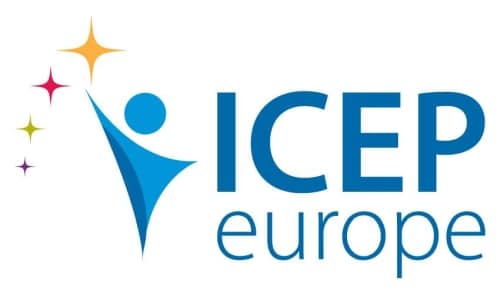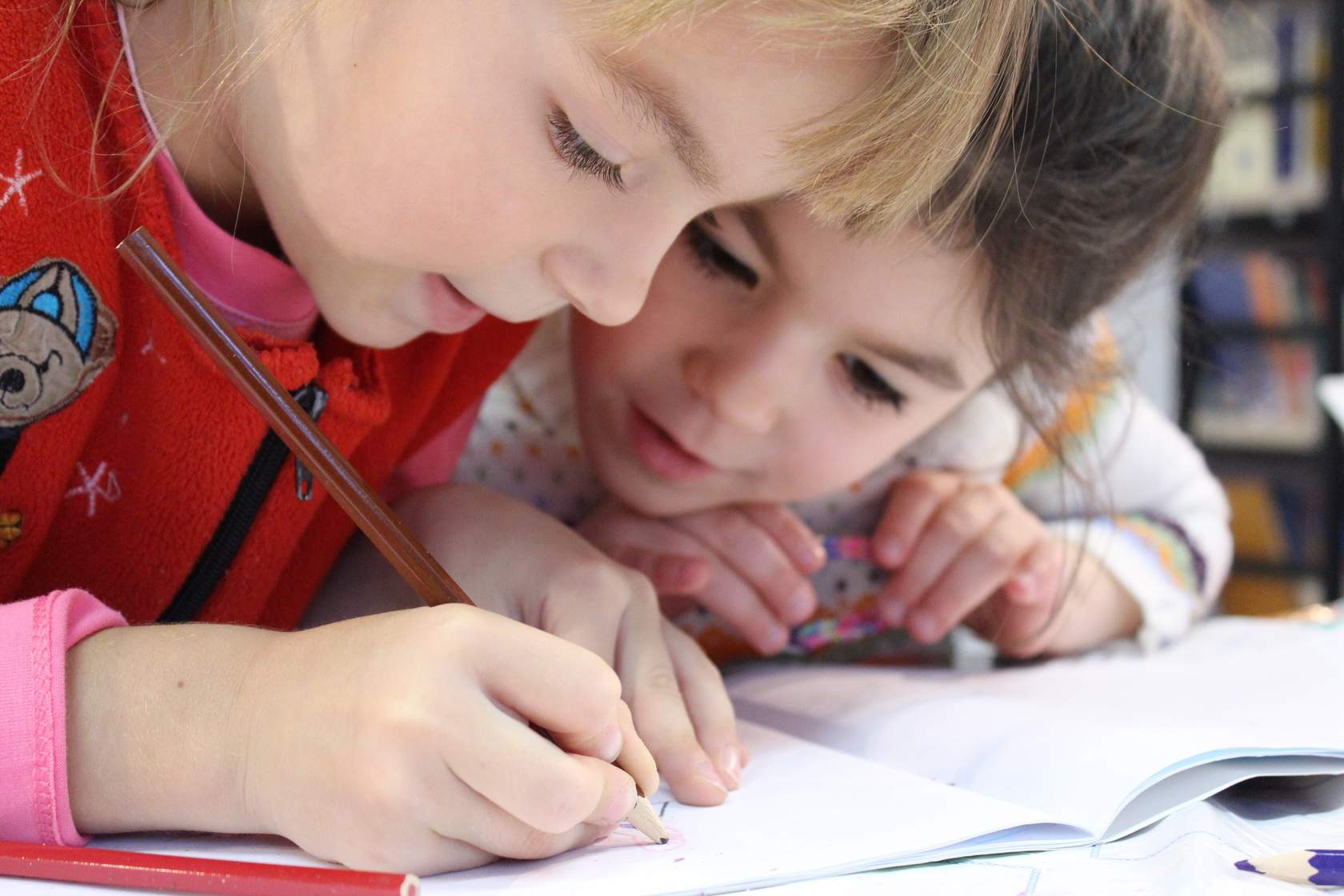The Bounce Factor
The impact of a blended resilience training programme for young people aged 12-18 years
Overview and Objectives
Behavioural and health disorders have become a public health crisis. There has been increasing concern about the mental health of young people in Ireland. More than 1/3 of young people experience abnormal levels of stress, anxiety and depression, 15% report problematic substance use and the rates of youth mental health disorders are at a comparatively higher rate than in other countries. Opportunities for expression, the learning of effective coping skills and development of positive and supportive relationships are important protective factors in the lives of young children.
The objectives of the project were:
- To design and develop a brief, universal, resilience-focused intervention for young people aged 12-18 years.
- To deliver the intervention to 100 young people in community-based settings.
- To explore participant responses to, and the impact of, the intervention.
- To adapt and refine the intervention.
Activities/Outputs
A brief 4 session intervention, The Bounce Factors, was designed which focused on a positive and preventative approach strengthening resilience. Topics of the intervention included: growth mindset, optimism, happiness and gratitude, character strengths, networks and social support, positive coping mechanisms. The intervention was delivered by 2/3 facilitators with a background in psychology using a blended model including: 2 group-based, face-to-face information and discussion sessions which incorporated activities and 2 online sessions enabling participants to develop their own personalised resilience toolkit.
Baseline of youth life satisfaction (measured using Catrill’s Life Ladder) indicated that 21% of participants were struggling. Engagement in discussion and activities suggests some have difficulties identifying their strengths, had limited insight into theiremotions, mindset or outlook on life.
Impact
Overall feedback to the intervention was positive and findings showed a small post-delivery improvement in life satisfaction scores. Participants identified key learning as including: self-reflection and importance of a positive outlook.
Some negative feedback suggested that the content was confusing or not stimulating enough. Group sessions were seen as too long and the introduction of more video-based andactivities was recommended. Future developments of the intervention could include delivery to smaller groups and tailoring content to learning styles and age to encourage greater interactivity and discussion.
The Research Team
This project was carried out by ICEP Europe.
Funding
The development and delivery of the programme was funded by County Kildare Leader Partnership and Kildare LDCD through the Social Inclusion Community Activation Programme (SICAP) 2018 – 2022.

-
Project Duration
2018
-
Email for Project Contact
Aleksandra Szproch (Senior Research Officer, ICEP Europe)
a.szproch@icepe.eu





